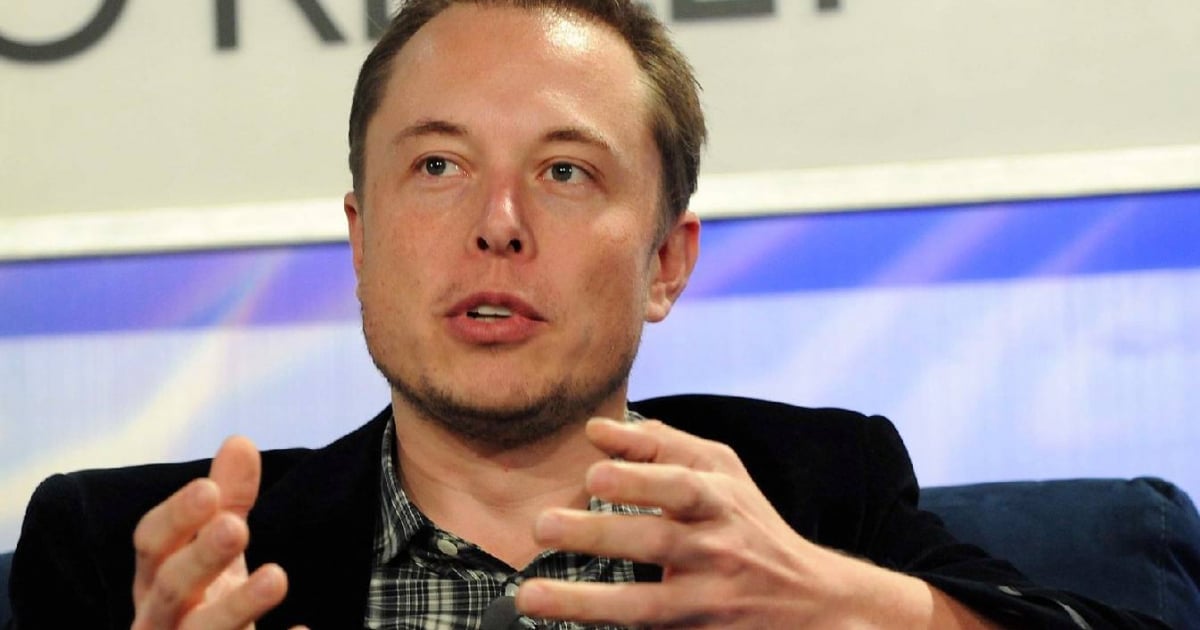Entrepreneur Elon Musk, teaming up with President-elect Donald Trump, has unveiled an ambitious plan aimed at drastically reducing bureaucracy and governmental spending in the United States. Alongside businessman Vivek Ramaswamy, Musk will head the newly established Department of Government Efficiency (DOGE), seeking to implement structural reforms that promise significant staff reductions and a federal budget savings of over $500 billion.
In a sponsored article published in The Wall Street Journal, Musk depicted government bureaucracy as an "existential threat" to American democracy. The entrepreneur criticized the proliferation of regulations enacted by federal agencies without Congressional approval, calling them undemocratic and contrary to the founding principles of the nation. "The president has a historic opportunity to reverse decades of bureaucratic overreach by nullifying thousands of unauthorized regulations," Musk stated.
Key Areas of Reform
The plan, supported by a conservative majority in the Supreme Court and Trump's executive powers, targets three primary areas:
- Regulation Rescission: Eliminating unnecessary rules imposed by federal agencies.
- Administrative Reduction: Significant downsizing of government personnel.
- Cost Savings: Identifying and cutting superfluous expenses, including funding for public broadcasting and organizations like Planned Parenthood.
The DOGE team, consisting of legal and technical experts, will collaborate closely with the White House Office of Management and Budget. This Thursday, the Tesla owner focused on one of his proposals: ending remote work among government employees. In a post today, he questioned why taxpayers should pay for maintaining empty public offices, a key argument in his plan.
Musk referenced an April report by the Public Buildings Reform Board (PBRB), which found that federal offices in Washington, D.C. have an average daily occupancy of just 12%. "The Department of Agriculture, designed for over 7,400 people, averages 456 daily occupants (6% occupancy)," Musk explained. Citing the independent federal agency created in 2016 to recommend uses for unused federal properties, he noted that the Public Buildings Service spends $2 billion annually to maintain office space for government agencies, and $5 billion a year leasing space, most of which remains unused.
A Surprising Alliance
The partnership between Trump and Musk represents a surprising turn in their relationship. Although Musk openly criticized Trump in 2022, he has become a crucial ally in recent years, contributing over $150 million to support Trump's campaign and assuming a strategic role in his administration. "We are entrepreneurs, not politicians. We're not here to cut ribbons; we're here to cut costs," wrote Musk and Ramaswamy.
The bold initiative has sparked both support and criticism. While advocates argue it will shrink the size of government and boost efficiency, opponents warn that massive cuts could harm essential services and increase unemployment. The government efficiency program is poised to be one of the most daring initiatives of Trump's upcoming term, with Musk leading a campaign that could redefine the federal government's structure.
